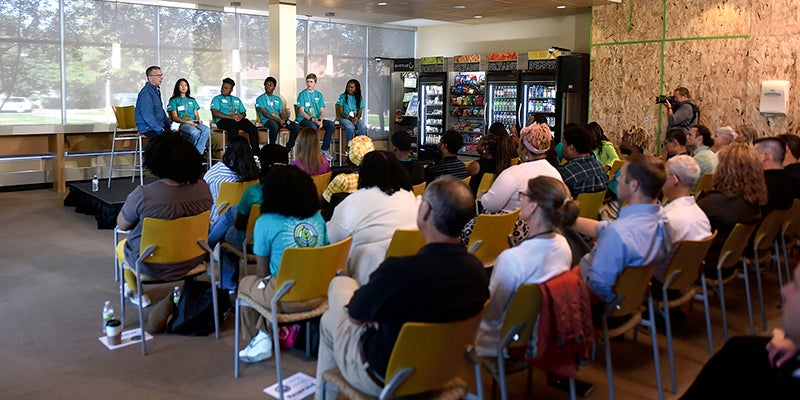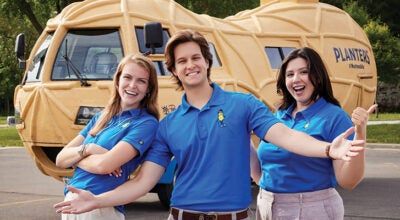Talk focuses on benefits of diverse workforce
Published 8:40 am Thursday, January 18, 2018
With a non-white population of 23 percent recorded in the 2010 census, Austin is one of the more diverse cities in Southeast Minnesota. While many rural cities are declining in population, Austin’s has increased by 8 percent over the past 15 years, due largely in part to immigration.
The increase provides a a boost to the local economy, and, according to Austin Human Rights Commission Chair Jason Baskin and Vice Chair Jessica Swanson, diversity also proves advantageous to the workplace.
“There are a lot of advantages to celebrating and intentionally getting diversity in the workplace,” Swanson said to a group of people during a Mower ReFreshed Lunch and Learn program on Wednesday at Riverland Community College. “You have a wider array of perspectives and experiences from which to speak. It tends to drive creativity and innovation in the workplace.”
Baskin spoke about the economic impact of immigrants in the area.
“Over 70 percent of immigrants in Austin are of working age,” he said. “In Southeast Minnesota, they account for $283 million in taxes annually and have an economic power of $771 million.”
Baskin also stated that immigrants are 28 percent more likely to start a business than someone native born and that most Fortune 500 companies in Minnesota were started by immigrants of children of immigrants.
In its “Welcoming Report” from 2017, the AHRC identified several barriers to making Austin a more welcoming city, such as lack of interaction among different groups and the lack of leadership development in the immigrant communities. Baskin and Swanson said barriers also exist in fostering diversity in the workplace.
“What we see a lot is perhaps a lack of qualified experience candidates from different recently immigrated cultural backgrounds,” Swanson said. “Perhaps they’re coming from a country where they grew up in a refugee camp or where the educational infrastructure is not the same as what you might see from someone who is native born in the U.S. That can be one of the biggest challenges. One of the ways people talk about addressing that is to ‘grow your own’ so that you’re making proactive efforts to get that experience and those qualifications to the people that you want to eventually bring into the fold.”
Baskin said that translating experience from one country to the United States is also an issue.
“You may have someone who was a senior education official in their native country, obviously very smart and very talented, but if they don’t check the exact right box of a degree in the United States, they end up doing a job they are too qualified for instead of making an impact from an education standpoint,” he said. “We need to find ways that we can get smart, talented people who have a lot of expertise to be able to apply that expertise into their newly adopted country.”
But the work is worth the effort, according to Baskin.
“Having a diverse set of perspectives will ultimately helps make not only a stronger community, but it helps get you to better ideas because everybody brings their own unique perspective to solving a problem and get the best solution instead of the easiest one.”





